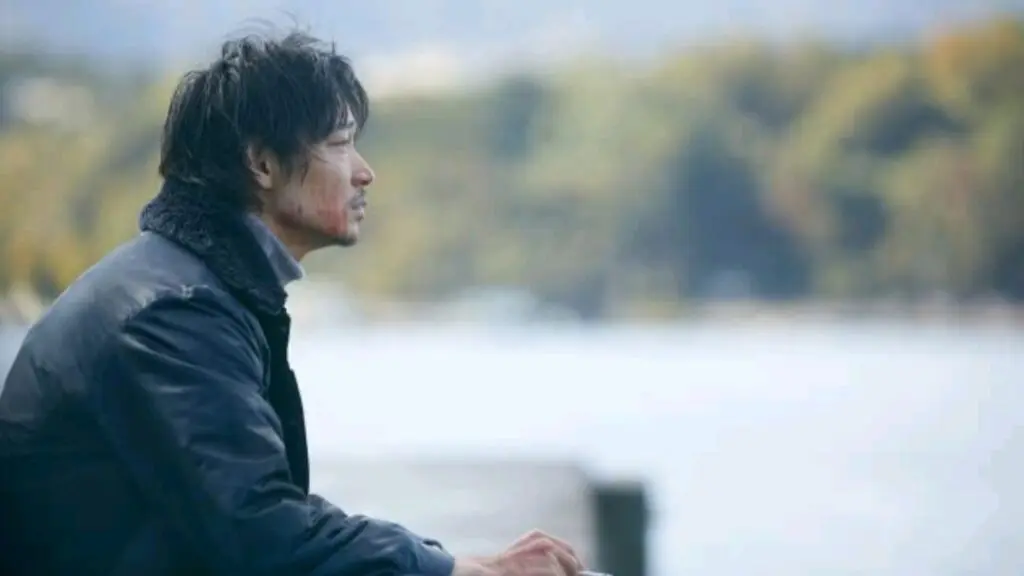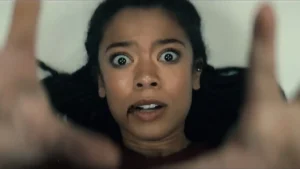Summary
A killer gangster epic!
Formerly known as Yakuza and The Family, but rebranded as A Family on Netflix, is a killer gangster epic. Blood is spilled, guts are splattered, and some sentimental tears are shed. This is about honor, after all. Writer and director Michihito Fujii (Hard Days; The Brightest Roof in the Universe) brings his trademark visual style, a multi-layered script, and the perfect balance of unnerving violence and criminal repentance.
A Family’s timeline takes place over twenty years, including a gloriously paced first act that lasts 26 minutes until the opening title sequence finally graces the screen.
The main character, Kenji Yamamoto’s (Go Ayano, in a towering performance – as seen in Homunculus) father, died from a drug overdose, so he had a need for it as a teenager. He rips a bag of the stuff from a crime syndicate’s hands and dumps it in the river.
That’s not all. That same night the little do-gooder, with bleached blonde hair, and flashy clothes, saves the life of Yakuza’s gang boss, Shibasaki Hiroshi (a charming Hiroshi Tachi) proves to be a wise choice because he gets a reprieve when the gangsters who deal drugs and are without honor catch up with Kenji.
They are about to sell off his and his buddy’s organs for a “nice price” when they find out his connection to Japan’s most powerful crime syndicate.
He is taken in and is treated like a son by Hiroshi. His life, falling into a rabbit hole of desperation, now has meaning and purpose. No drugs, living life with honor, and throwing your muscle around and taking names later. He even meets Yuka Kudo (Dynamite Graffiti’s Machiko Ono), a woman different from the other girls. She has her virtue intact, a tender touch, a caring heart, and catches his.
Fujii’s film is much more than a shoot ’em-up and chop ’em down Japanese Yakuza picture. He carefully layers the script with revealing moments and the endless cycle of their choices on future events.
You’ll notice Kenji playfully plays with Kudo the way Hiroshi did with him. How a young child, Tsubasa (Hayato Isomura), he looked out for becomes a man, he dresses just like Kenji did when he first met him.
Fujii looks past the honor the Yakuza pride themselves on and begs to ask the question, was it all worth it? The killing, the jail time, and not having families of their own? Being emotionally numb from the great world that feels joy, love, and happiness in everyday life?
By the time 2019 rolls around, the last of these dangerous men are illegally netting baby eels in the ocean to make money. Honor doesn’t pay the bills.
These are waters that flow over and shape rocks for decades and affect generations. Fujii found a pair in Ayano and Tachi that can go beyond history, legend, and facade. These three make you feel for characters that shouldn’t be given empathy and has the audience feeling conflicted. That’s what superb narrative and visual storytelling is all about.
Read More: A Family Ending Explained




